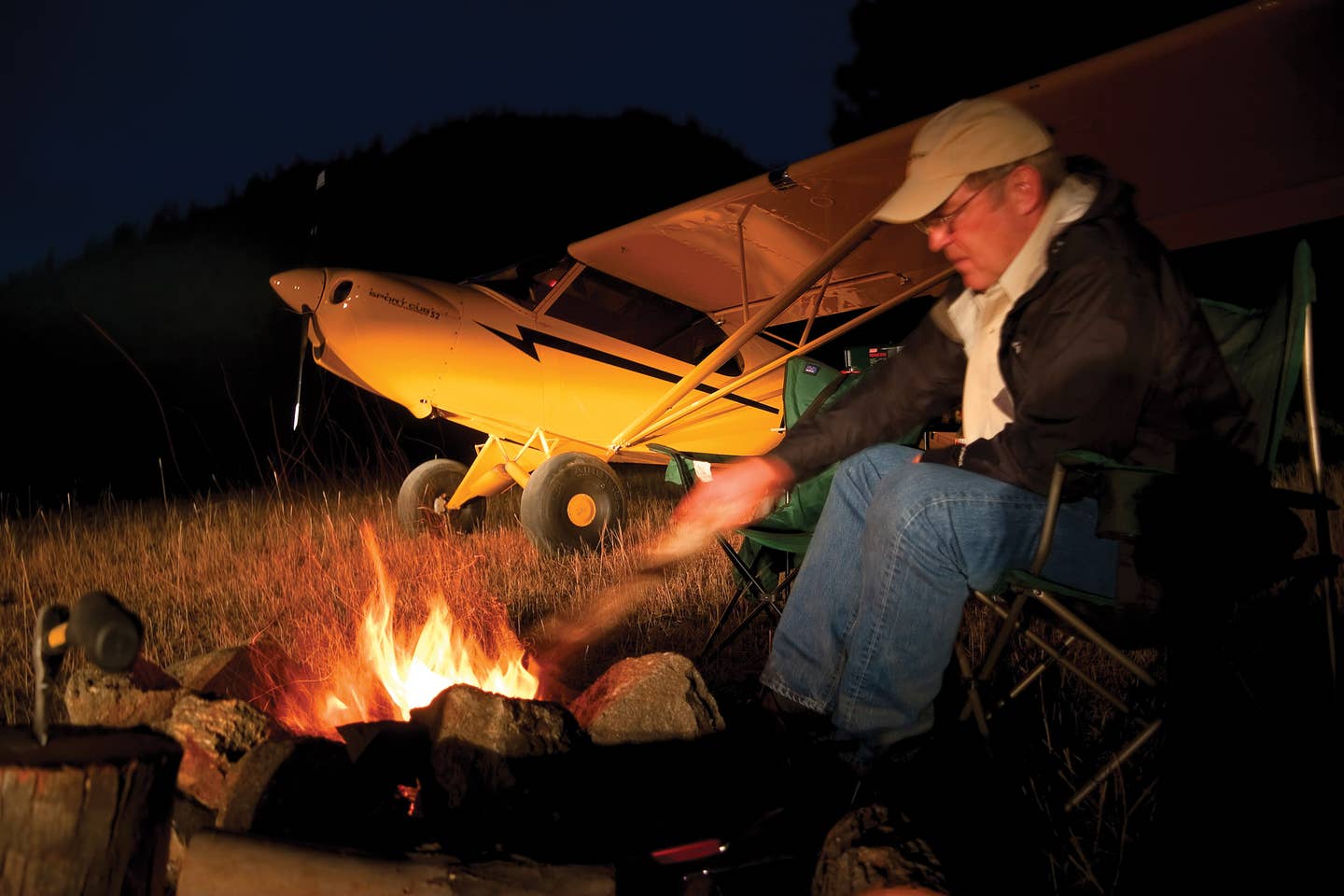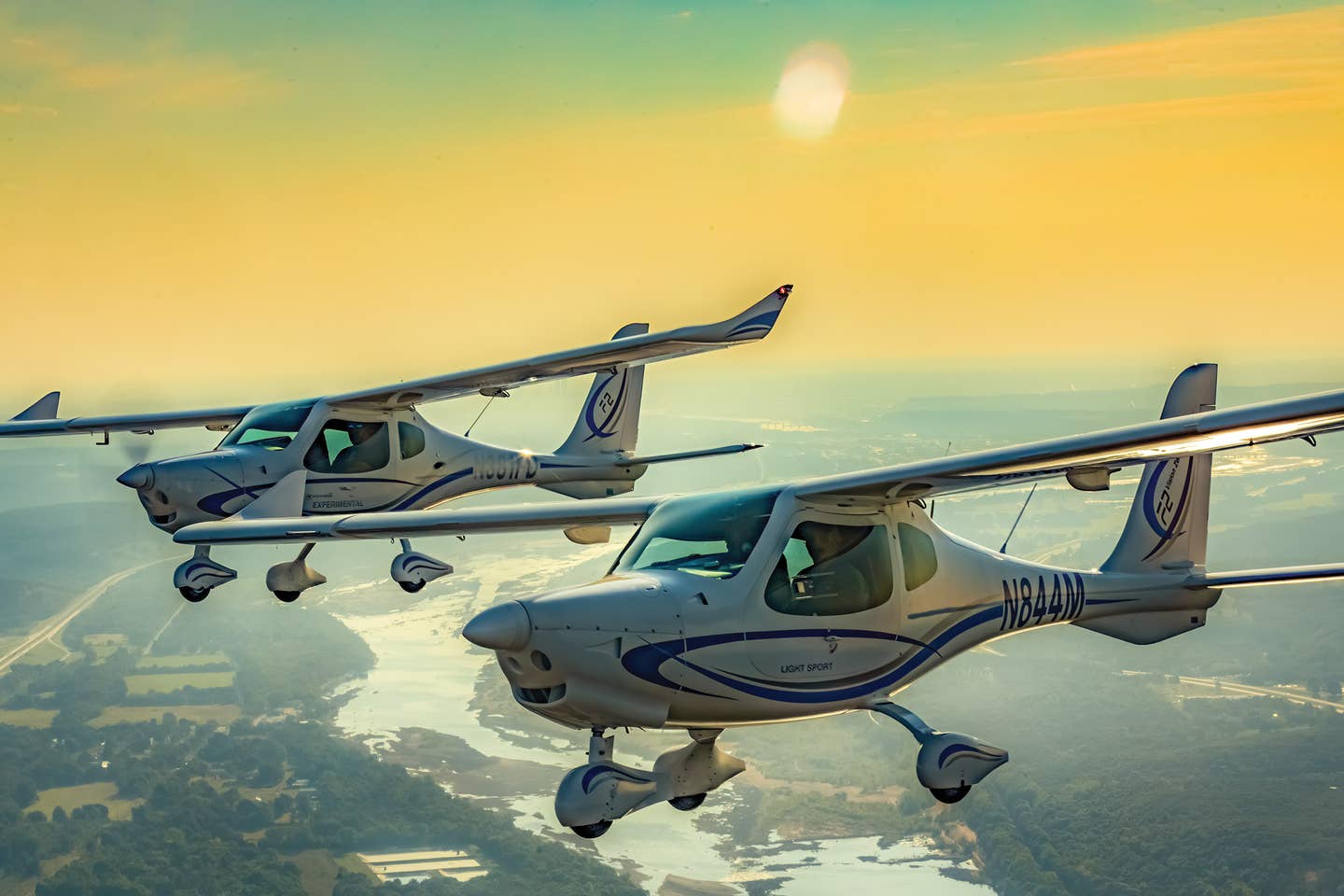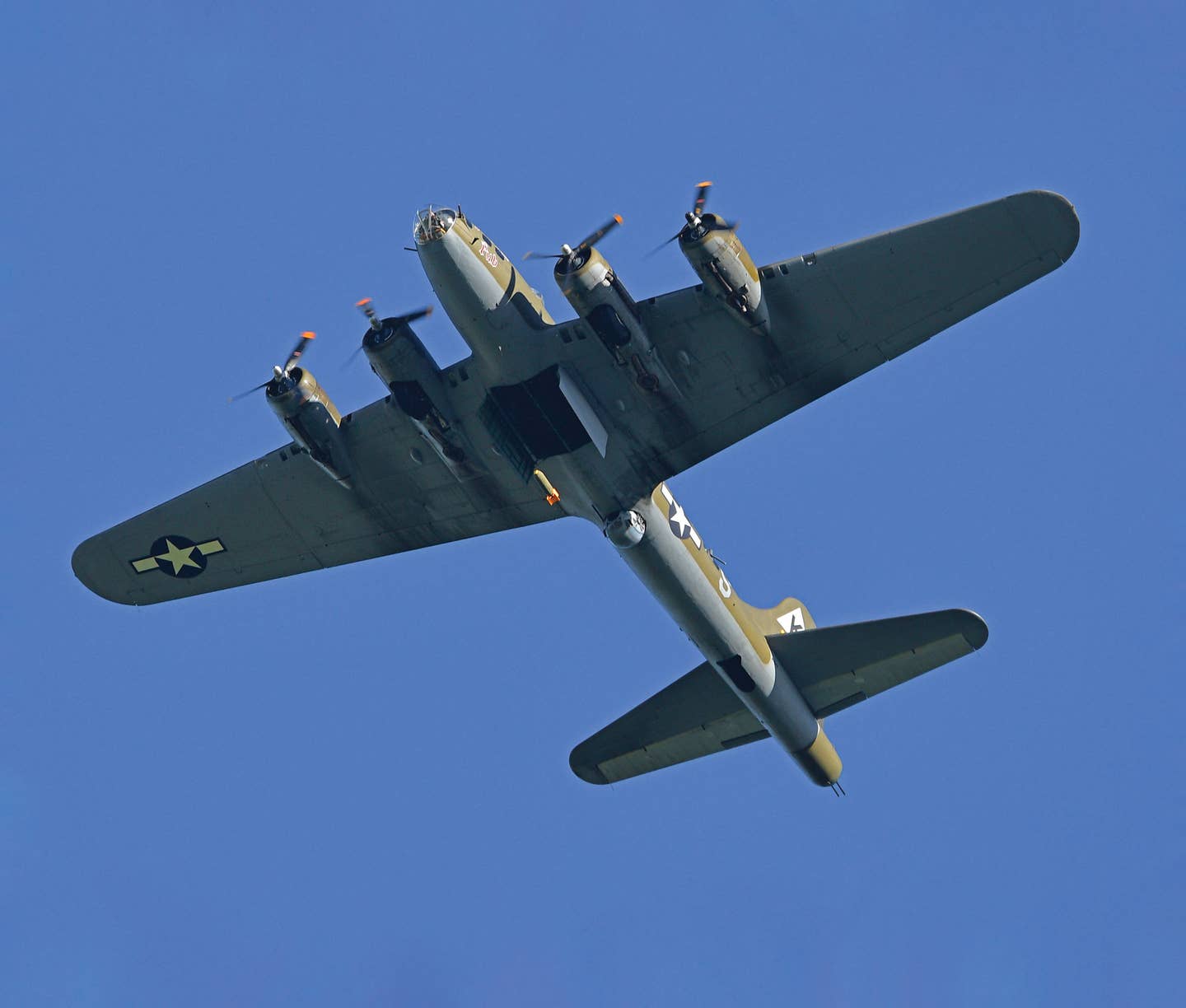The other night, at the urging of a friend, Marlene and I did something we rarely do: We went to see a band play at a local watering hole (I would have said "dive," but didn't feel it necessary to be that accurate). The actual reason we went was because we kept hearing about Nick Sterling, this unbelievable local guitar player that everyone, from MTV to Gibson Guitar, was falling all over. We weren't disappointed. He was an experience not to be missed, and this was just weeks after his 14th birthday.
As we stared through the smoke at the slight young man with the long blond tresses, I actually could feel moisture welling up in my eyes. It's so seldom you see such incredible artistry (okay, so it's hard-edged artistry of the Eddie Van Halen variety), who's so totally comfortable with himself and his medium. And then we met him and found that the miniature rock-and-roll tornado is a tremendously quiet, well-mannered, grounded teenager who gets straight As and keeps most of what he does from others in school. Watching him play made me think of the first time I saw Gene Soucy fly in an air show.
The first time I saw Soucy fly was at the last EAA convention in Rockford, Ill., which would have made it 1969. I was walking across the parking lot and looked up just as a little red Pitts bumblebee came boiling downhill, yanked level at 50 feet and instantly whirled into a quadruple snap. The announcer said, "And 18-year-old Gene Soucy, who has barely 150 flying hours...." At the time, I was in my late 20s, and hearing that made me feel instantly old. Here was a young man obviously in his comfort zone in front of one of the toughest crowds in aviation, and our jaws dropped. It was evident we were witnessing the birth of a phenomenon, which is exactly the way I felt watching the young guitar player: Give him a few years to mature, and he's going to be a monster.
I'm no longer in my late 20s, but I often think back to my first glimpse of that whirling biplane. At the time, I remember thinking, how does anyone get that good, so young and with so little flight time? Do people like Nick Sterling and Gene Soucy and so many of the other wunderkind we're constantly stumbling across possess something unobtainable to the rest of us?
When you see someone that's so good, so young, it's obvious that they're naturally talented. Or maybe there's something in the way they absorb experience that's different than the rest of us so they need less of it to progress. We always equate experience with years---you need a lot of the latter to have much of the former. But what if, for some people, that's not the case? What if it's a matter of how receptive you are to what the world is trying to teach you at any given time? What if your brain is set up in such a way that none of the information that an experience gives you is wasted? It goes in one ear and never comes out the other.
Everyone learns at different rates. This is painfully obvious to all flight instructors. Most of learning is nothing more than repetition after a firm conceptual base has been laid down, and those who learn fast need fewer repetitions. A chosen few have that special something and need no repetition.
As an instructor, I can remember exactly two students in nearly four decades of instructing who had that special ingredient. With both of them, there was no repetitive teaching. I'd say it or do it once, and they had it cold. It was as simple as that, and it was spooky. It was as if they were aliens and could tap directly to my brain and suck it dry.
One of these killer students was a Navy cadet I taught while I was struggling through graduate school and flight-instructing in a military contract program. He was so good, I was ready to solo him at four hours, but didn't dare; the boss would have had my head. So, we kept on moving up the syllabus until at the usual ready-to-solo time of eight hours, he was the equivalent of a 30-hour student. By the time he got his private-pilot license at 35 hours, this kid was ready to jump in a fighter and go for it. It was scary! It was the same situation as with the young guitar player---he had been introduced to his ideal medium and took it from there.
But is this kind of demonstrated genius only for the young? Is it really impossible to teach old dogs new tricks? As one who's working his way into old-dogdom, I'd have to admit that there's a certain amount of truth to it, although I'm certain that Grandma Moses (art master), Colonel Sanders (business genius) and Bill Piper (no introduction needed) wouldn't agree, as they didn't even begin what would become their crowning achievements until late in life. Until then, they were living the life experience and looking for some place to invest what they had learned.
I can't really explain how much I enjoyed watching that young giant play guitar, even though it drove the stake of underachievement right through my soul and spirit. Every time I look at a disgustingly young and adolescent genius, however, I keep reminding myself that even the Kentucky Fried Chicken Colonel Sanders didn't start to really cook until he was in his late 60s. This is good because it gives me a little more time to get my stuff together. With that being the case, I'd better get serious about learning to fry chicken because I'll never learn to fly or play guitar like the super kids.
Budd Davisson is an accomplished aviation writer and photographer, CFII & A, aircraft owner and builder. He has authored two books and lectured at the Smithsonian and NASA's Langley Research Center. Check out his Website at www.airbum.com.

Subscribe to Our Newsletter
Get the latest Plane & Pilot Magazine stories delivered directly to your inbox






